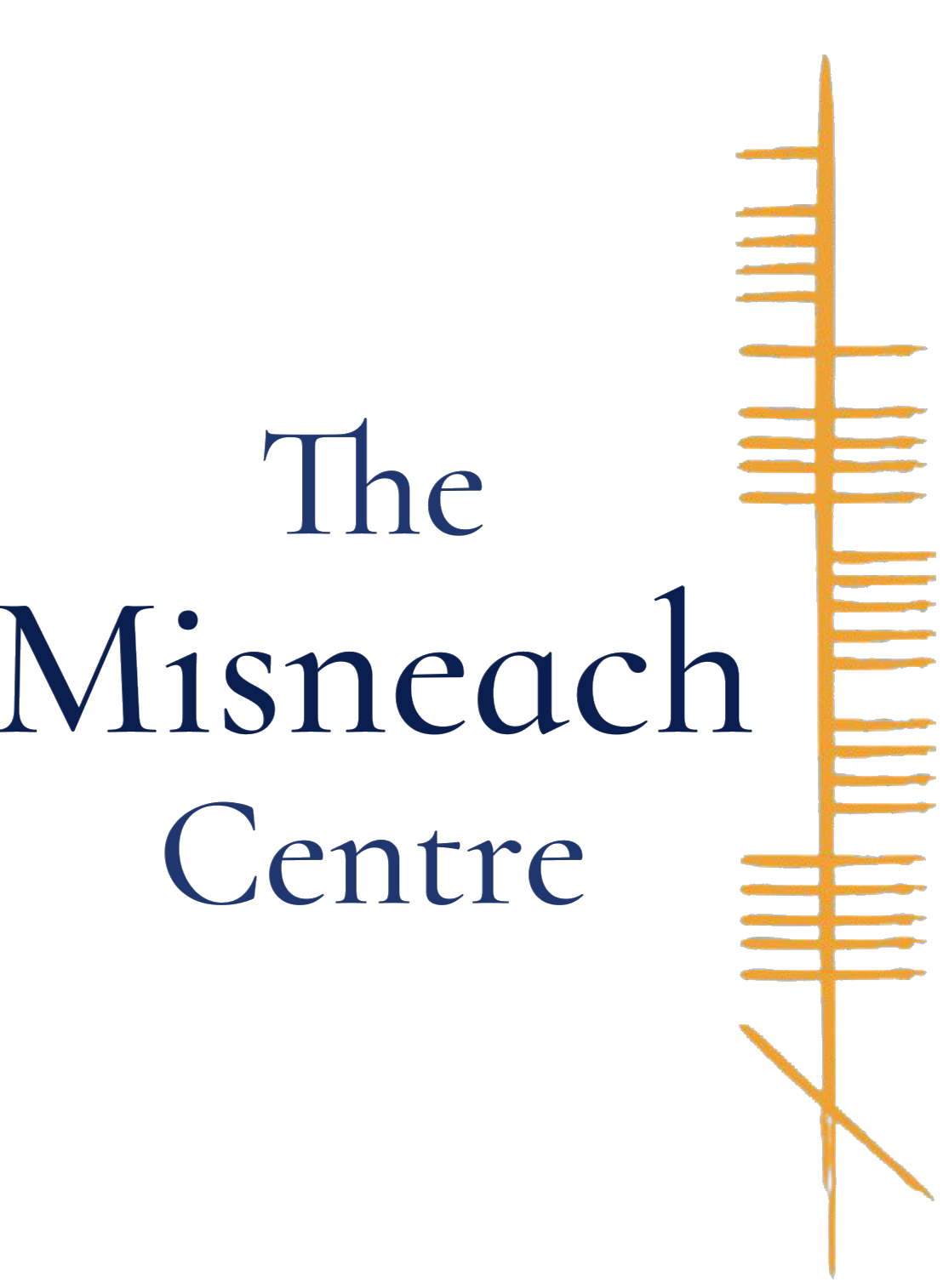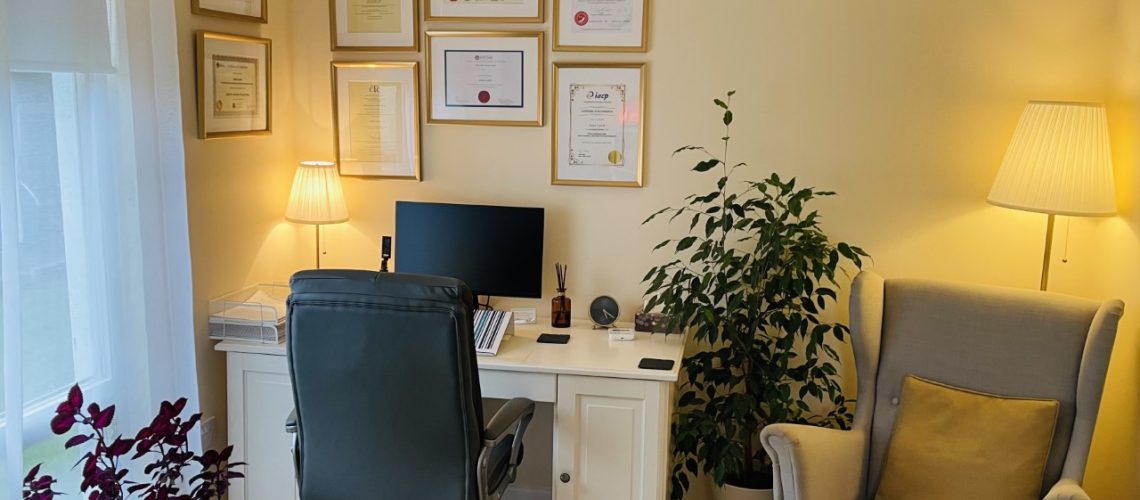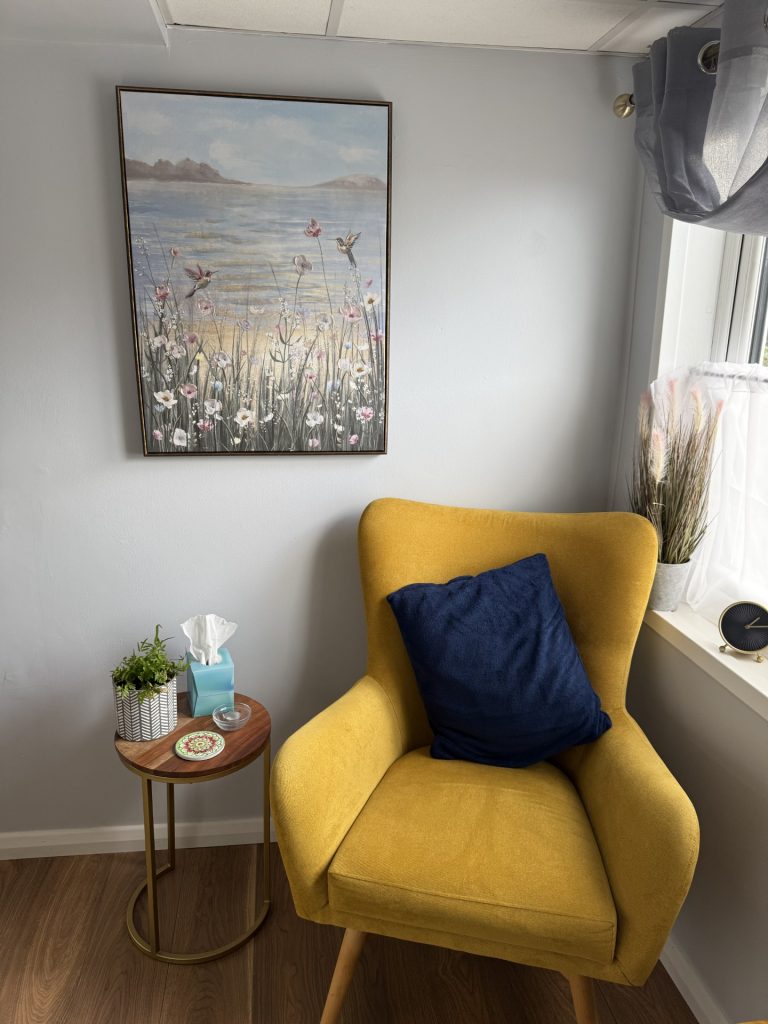This can be a daunting task for most people. Many people put off getting help because they do not know where to begin or what to look for.
You may be suffering with your mental health or feel you need someone, other than family/friends, to talk to about what is bothering you.
Talking to a qualified professional counsellor/psychotherapist is a very effective way of resolving many of the issues you’re facing and can help eliminate long term suffering in silence.
Obviously, if there is abuse or trauma it can take longer to heal and recover, but it is not impossible. Everybody is unique, so your journey will be unique to you.
This is why finding the right therapist can play a huge role in your recovery.
I always recommend word of mouth for a recommendation as your first port of call.
Following that, I would recommend googling therapists in your area or county, depending on how far you want to travel. Personally, I like to be able to see what the therapist looks like, read their profile, see do I like what they say on their website about some of the issues I might be struggling with etc.
You can also use the governing bodies websites to search for counsellors and psychotherapists.
I am fully accredited with The Irish Association of Counsellors and Psychotherapists (IACP) so for the purpose of this blog, I will be referring to them. There are many others available.
The first time I meet a client, I explain to them who I am accredited with so they can rest assured I am following the ethical and professional guidelines of my governing body. This means I have to attend regular supervision sessions and professional development training each year. It also means I have attained my degree & completed my required client training hours. Plus, I am fully insured, garda vetted and my business is registered.
I also explain about confidentiality and my duty of care towards them. I talk about what they can expect from the therapy process, how I operate as a therapist and then they get to decide whether or not they want to attend my service. That first session is so important.
Some questions to ask yourself after your first session:
1: Is the therapist welcoming and professional?
2: Is the environment safe in terms of being confidential, warm, clean, suitable for therapy?
3: Can you see their qualifications on the wall, do they explain your rights and their policies?
4: Do you have a good feeling in your gut about them?
5: Do you want to go back?
I do not recommend attending any counsellor/psychotherapist who is not accredited/pre-accredited with a governing body, as this is not best practice and you will not have any avenue for complaint.
When you are paying for a service, you have a right to complain if you are not happy with that service. You may not like the first therapist you meet. You may not like “the look of them/sound of them” etc. or you feel judged by that therapist. However, that would not warrant a formal complaint procedure, that just means you would not recommend that therapist to others.
Where a formal complaint would be warranted is, if a therapist gives you advice that is clearly not in your best interest eg. Giving medical advice, breaching confidentiality or behaving in an unprofessional/unethical way in the room. For example, pushing/touching client or not holding professional boundaries.
If you need to complain or have a concern about a counsellor/psychotherapist, you can contact the governing body they are accredited with for advice. If this information is not available to you on the wall of their practice, you can ask the therapist or you can google their name.
Asking a counsellor/psychotherapist what their qualifications are, who they are accredited with and what experience they have is absolutely your right and is essential for you to make an informed decision on whether they are the right therapist for you.
People need to know their rights, especially where mental health services are concerned. Leaving a google review is a great way for people to read about another person’s experience of a therapist.
In recent months, I have noticed a rise in Facebook/Instagram counselling services available online. Whilst, this is very heartening against the stigma that still exists in society around accessing mental health services, I do have my concerns.
I know this has mostly come about due to the demand for services with Covid 19. However, I would urge people to do their homework and check credentials as anybody can create a website, Facebook or Instagram page.
So, if in doubt, check them out!
I am happy to give recommendations of other therapists to people, who are unable to attend my service so, feel free to contact me. Enquires are always welcome and treated in confidence.
A few quick tips to finish:
1: Can you identify what is troubling you? eg. anxiety/trauma
2: Google search by the type of counselling eg. couples/adult/adolescent in your area/county
3: Use the IACP website to check if they are an accredited therapist
4: Read their Website/Facebook/Instagram
5: Make contact by phone, email, text to set up an initial appointment
6: Do you feel comfortable and at ease in their presence? Can you see yourself sharing your troubles with them? if so, continue. If not, search again or ask for a recommendation.
7: Do not give up hope of finding the right therapist for you! It took me 3 goes to find mine.
Wishing you courage to push forward through uncertainty.
Anita x





